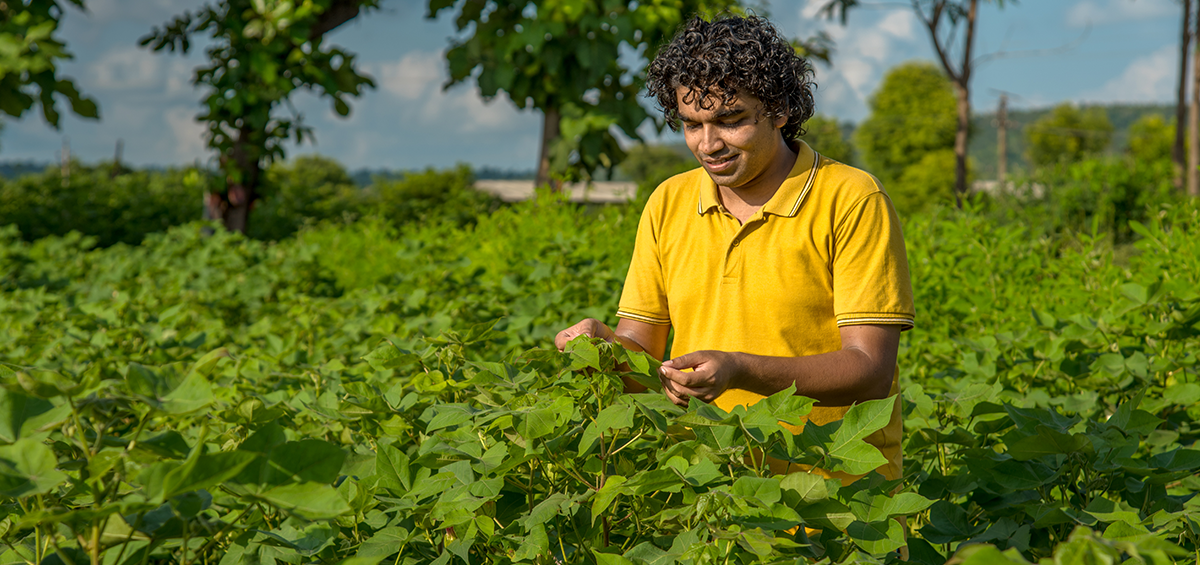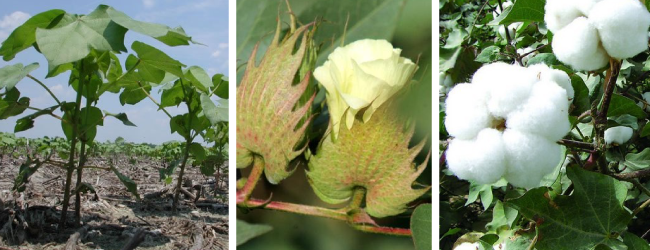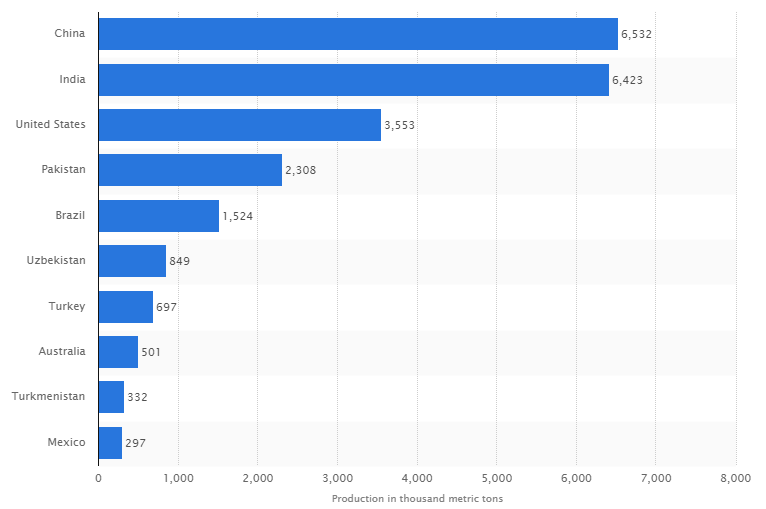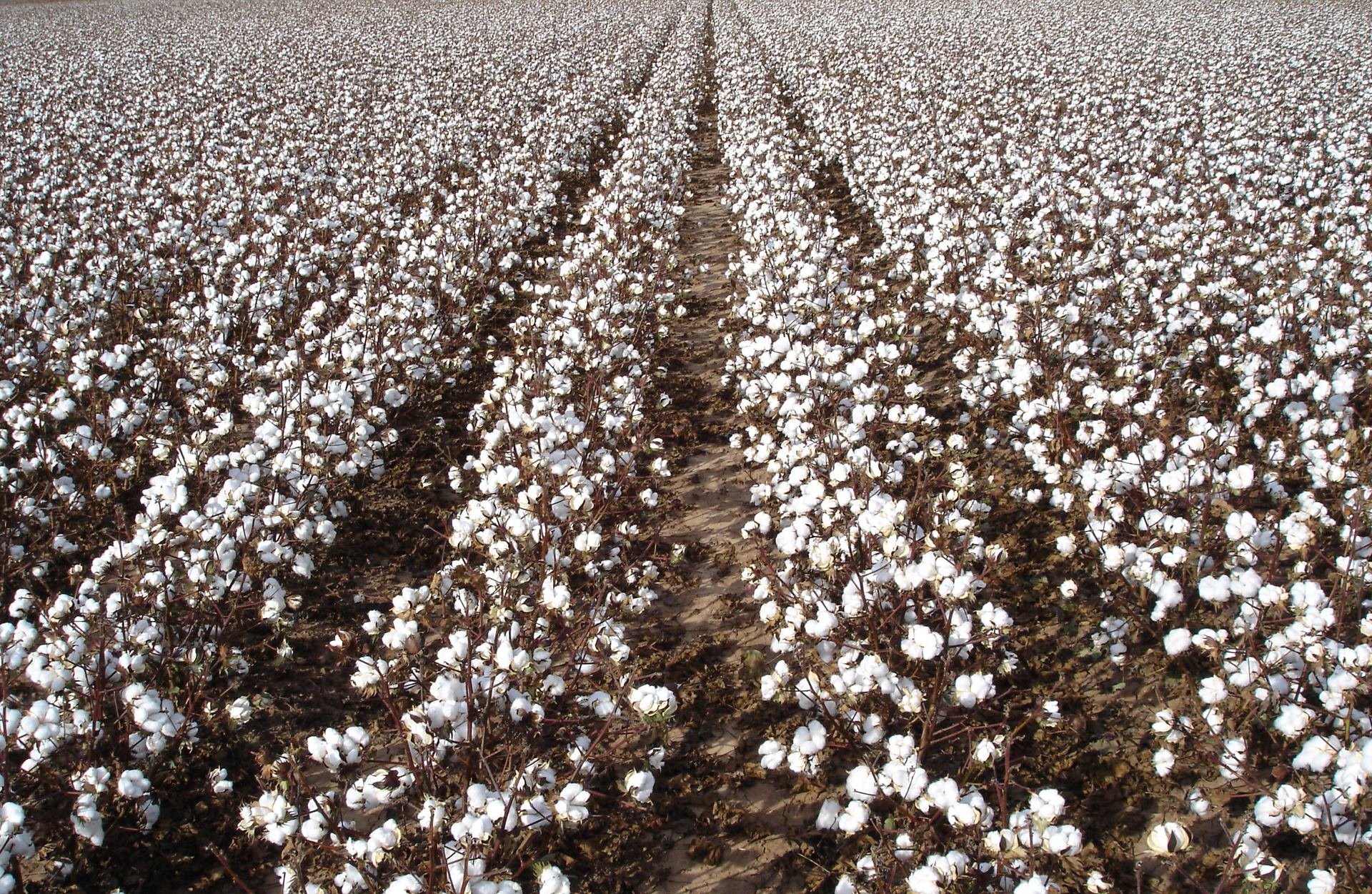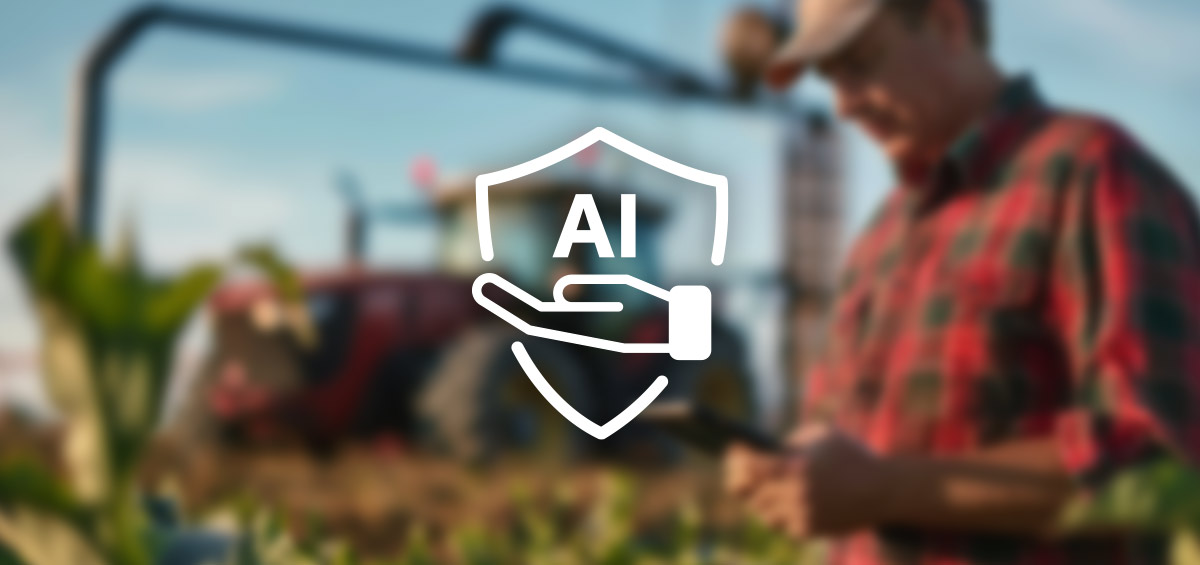Growing cotton within a cooperative
Cotton is used in virtually every country in the world, but its farming is limited only to warm and humid climate countries. The biggest cotton producer country in the world is China. Their land is perfect for agriculture, they have the workforce to cultivate and for them cotton is one of the most important cash crops-it accounts for more than 20% of the world’s production and nearly 20% of world’s consumption.
World cotton production
After China, follows India, USA, Pakistan, Brazil, Uzbekistan and West Africa, which account for over 75% of global production. About 20 million tones of cotton are produced each year in around 90 countries.
Cotton production in metric tons
In many parts of the world, cotton is grown in large plantations, but in Africa it’s almost exclusively grown by smallholder farmers, on farms from 0.5 to 10 hectares. On such small farms, farmers do not produce sufficient quantities of cotton, to be competitive on a local or even global market, so they can’t sell their product. Having in mind that cotton is a cash crop (grown only for sale), farmers needed to find the solution; they are organized into local cooperatives, which help them not only sell all produced cotton, but also satisfy needs for seeds, fertilizers and pesticides. With farming in cooperatives farmers achieve two goals – profit and sustainability.
Cotton farm
Cooperatives are often made up of a hundred or even more farmers and managing them is not so easy. To make it simple and more organized, AGRIVI has a solution for cooperative’s managers, named AGRIVI cooperative. It enables them to track production of all farmers in this cooperative, and also make analysis of their productivity and profitability.
Cotton production is not so easy, due to high water requirements and numerous pests and diseases which attack young plants. During its growth period cotton requires often irrigation practices and that’s why cotton is known as a ‘thirsty’ crop. To save the yield, farmers are forced to protect them, whether with chemical or biological pesticides. Although cotton is grown on only 3% of the world’s farmland, it accounts for 24% and 11% of the global sales of insecticide and fungicides respectively.
With so many pests, farmers need help when to treat and which active substances to use. List of all pests and a list of many pesticides which can treat them can be found in AGRIVI farm management system. AGRIVI also alerts farmers about possible pest attack, helps them track all their activities on the fields, track weather forecasts, all finances and at the end analyze productivity and profitability of their farm.
Improve your cotton yield, use AGRIVI.
